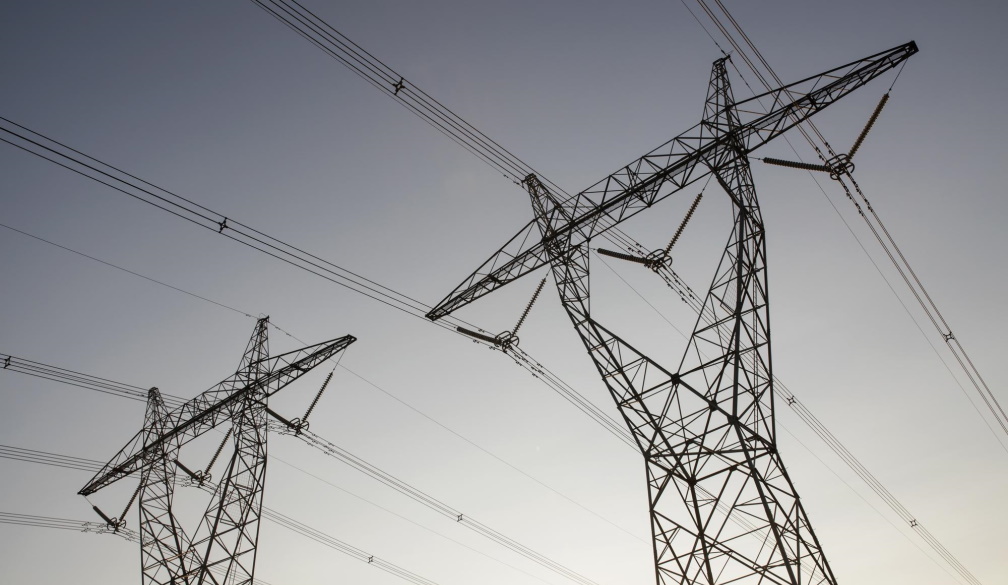Australians want to take the power back as bills spiral

A staggering 78 per cent of Australians agree the Federal Government should subsidise household battery storage, according to a new national poll commissioned by community group Solar Citizens.
The poll of more than 2,000 Australians was conducted by uComms and comes as globally high coal and gas prices are expected to drive up electricity prices by 56% over the next two years. Seventy three per cent of people polled said they were concerned about affording their next electricity bill.
“Australians are world leaders in the uptake of rooftop solar because generating your own electricity is a guaranteed way to take back control of spiralling power bills,” said Stephanie Gray, Deputy Director of Solar Citizens.
"We're hearing from a lot of people now that they'd like to take the next step and invest in home battery storage to be more energy independent, but the upfront cost is a barrier.
"There are simple steps the Federal Government can take to help make solar and storage more affordable that include expanding the national Small-scale Renewable Energy Scheme to also include support for people to install household storage, and providing no-interest loans for people to invest in clean technology.
“Incentivising more battery storage is a win-win that will help bring down electricity costs for all consumers by supplying cheap solar energy to the grid at night and reducing the need for expensive grid upgrades."
Of the people polled, 48 per cent said they would consider installing household solar or battery storage if they could access a government-provided no-interest loan. Due to high gas prices, 31 per cent also said they would consider replacing gas appliances with electric if they could access a government loan.
“Smart government policy kick-started Australia's world-leading rooftop solar industry, and now governments can replicate that success by supporting the accelerated uptake of household battery storage and electrification,” said Ms Gray.
“High gas prices are not only driving up our electricity bills, they’re also making it unaffordable for people that rely on gas to cook and heat their homes. Making it accessible for Australians to match electric appliances with rooftop solar is a guaranteed way to help households save.
“We're lucky in Australia to have abundant renewable energy resources that, if harnessed, could mean we're completely protected from the global fossil fuel market that’s pushing energy costs out of control. "But to help more households cash in on the savings governments have to further support the rollout of solar and storage, and help households switch their gas appliances for efficient electric ones.”
Key findings:Solar Citizens commissioned uComms to conduct a survey of 2084 residents across Australia during the evening of 29 November 2022 using self-completed automated voice polling methodologies. The results showed:
-
41% have solar
-
73% of people are concerned or very concerned about affording their next electricity bill
-
48% would consider installing household solar or battery storage if they could access a government-provided no-interest loan.
-
31% would consider replacing gas appliances with electric if they could access a government-provided no-interest loan.
-
78% agree the federal government should expand the national rooftop solar subsidy to make it more affordable for Australians to also install household battery storage.
Additional information
Solar Citizens joined groups such as the Smart Energy Council and Climate Council in a visit to Canberra last week to call for a Renewable Energy Storage Target that would encourage the further development of both large and small-scale storage. Adding more storage capacity will mean we can soak up abundant and cheap solar energy during the daytime and then put that electricity back into the grid during times of peak demand to reduce the wholesale price of electricity.
At the moment certain states are facing challenges in the distribution network due to a high uptake of rooftop solar. These challenges can be addressed by rolling out storage that’s programmed to charge in the middle of the day. Analysis by the Climate Council has found that a national Renewable Energy Storage Target could also unlock $42 billion dollars of private investment and create roughly 100,000 jobs in renewable energy, while bringing down emissions.
In addition, the ACT Government is running a very successful no-interest loan scheme where loans of up to $15,000 are available for the purchase of things like household battery storage, solar hot water or hot water heat pumps, electric heating systems, electric stove tops, and electric vehicles and charging infrastructure. In just over a year, the scheme has delivered more than $98 million worth of loans and 5% of all eligible households have participated.
A recent report from the Climate Council found that households that switch from gas to fully electric can save up to $1,899 on their annual bills.
















